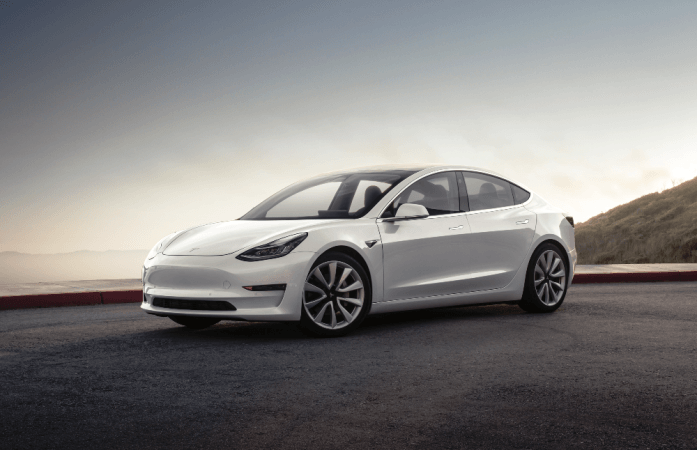
Electric cars are on the way to becoming ubiquitous on the road in about seven years, as long as the grid supports it, batteries become cheaper and finally, consumer demand is strong enough to drive prices down.
Electric vehicles (EV) are also bound to get cheaper in the coming years, according to a Bloomberg Energy Finance study. EVs are bound to get cheaper than the fossil-fuel powered cars by 2025, Futurism reports quoting the study.
The driving factor for this expected drop in prices is the falling cost of batteries. High capacity Lithium-ion batteries are among the most expensive components of cars to develop and build. A drop in the cost of the production of batteries in the coming years could really push the cost of EVs down, the report said.
The price of batteries is coming down, but not as fast and it needs to continue to fall, says the report. Even if the cost of lithium increases, the battery prices cannot rise with it. One way around this issue is mass production. China is one of the places where EV manufacturing is picking up steam.
China is even considering completely banning internal combustion (IC) cars in the coming decades. France and the UK have already made this policy official and by 2040, those countries are unlikely to have any petrol vehicles on their roads.
Another major roadblock for EVs is the need for reliable power grids and charging networks, notes the report. This is also one of the reasons why a major chunk of the consumer base is still not so sure about EVs. Charging stations need to be present in most places just like petrol stations are right now. As of now, anyone who drives a car knows for a fact that there are hardly any places in the world that do not have access to petrol or diesel.
Here again, China seems to be completely on board. The country is host to about 150,000 public charging points while as of now the US has only 16,000. China wants to be able to service about 5 million electric cars by the end of this decade.
"I don't get a sense that China has thought through the charging issue, and the economics of it," said Henry Lee, the director of the Environment and Natural Resources Program at Harvard University. Electric cars have a heavy draw and if multiple cars are using a station, burnouts are a real possibility if there is not enough voltage on supply. This means reinforcing existing power lines and networks which is a heavy investment.
EVs will get there, just as long as its support systems and infrastructure rises to meet it at the same time, the report noted.














